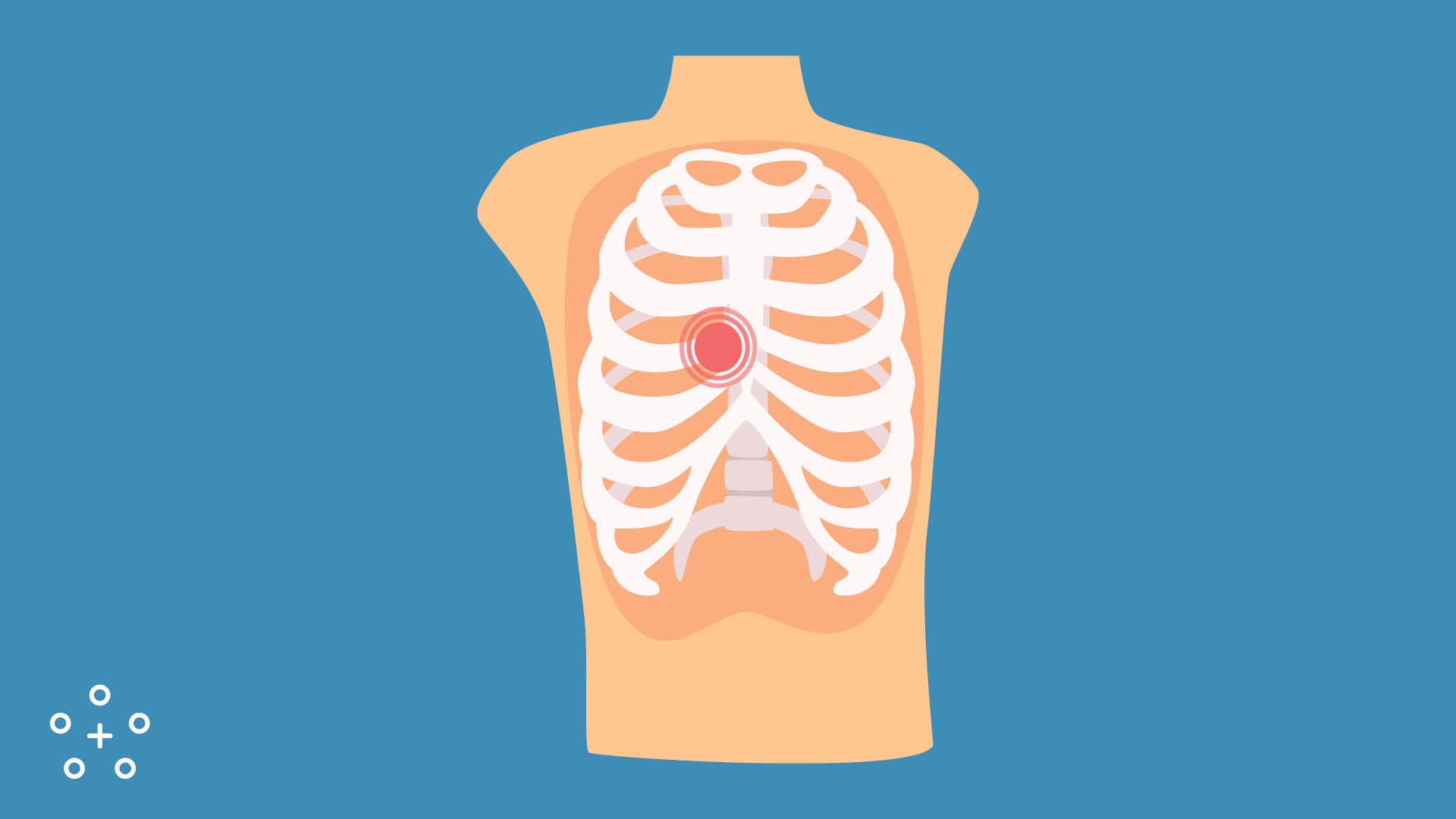Have you ever had a sharp stabbing pain with each breath? An even deeper breath makes the pain significantly worse. Some people describe this feeling as being just as bad as having a heart attack, while others feel an intense and constant dull ache that will not go away behind their shoulder blade. It's hard to explain what it feels like unless someone has experienced it for themselves because after they've been adjusted by the chiropractor, if she is skilled at mobilizing ribs, then there should be significant relief from any further rib misalignment issues in no time flat!
Is it Unusual to Have a Rib Out of Place?
It's common to see ribs out of place with groups like pregnancy patients, people that “crack” their own back, athletes of all kinds, and people with an impact injury. It can also happen from things as simple as bending over and rotating to pick up something.
If your ribs become fixated repeatedly, there are other therapies you can do to fix the problem. This can be a diverse problem, and it depends on the individual patient.
How Do I Resolve This?
Any health professional that can manipulate the spine/ribs should be able to help you. If you’re not feeling better after the first or second adjustment, consider how often you get adjusted, hydration, cleanliness of diet, toxin load, and/or your exercise load.
If you get adjusted regularly, the problem will resolve significantly faster. The more of the items above you do consistently will dictate the degree of the resolution of the problem.
When a patient comes in with a fixated segment of the body (no matter where in the body it is located), 75% of the time it is directly related to hydration, coffee/caffeine consumption, and/or electrolyte consumption.
If you’re in Birmingham, Alabama, our health care team can help you solve this problem. If you’re a health care practitioner and want to learn more about this, we have seminars teaching you to correct these problems in your patients.




